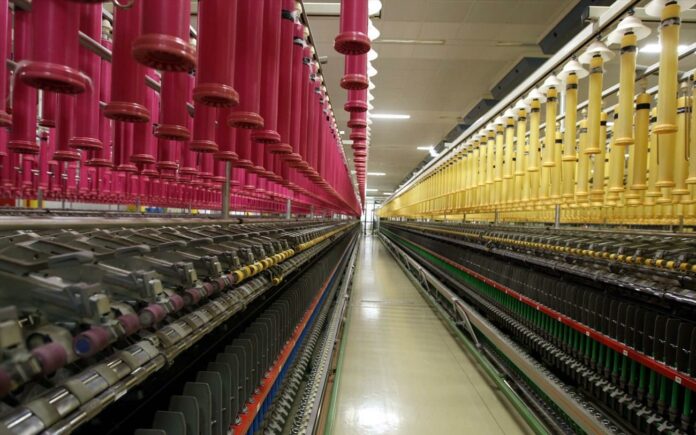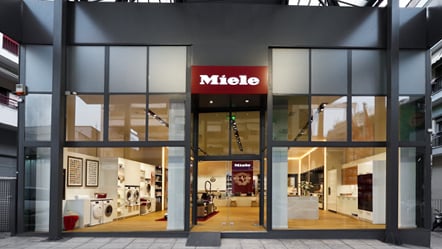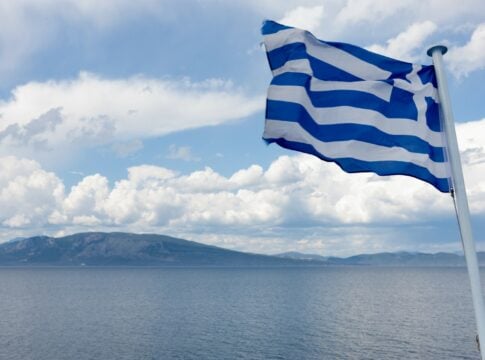The textile industry has been the engine of the national economy for decades, with dozens of factories located in many cities across Greece (mainly in Macedonia), significant export activity (up to 45-50% of industrial exports), hundreds of thousands of employees (up to 170,000 people), and a strong footprint on the Athens Stock Exchange.
All of this, however, seems to be a thing of the past, as the glory days for the Greek textile industry have (probably) passed irrevocably. And this is mainly reflected in the stock market, where the sector has been constantly declining lately, having almost disappeared.
Currently, there are only three companies on the stock exchange, when a few decades ago their number consistently reached or sometimes exceeded double-digit levels. However, even these three – Mouzakis, Nafpaktos Textiles and Tria Alpha – face a multitude of challenges, which is reflected both in their reduced capitalization (they have a cumulative stock market value of 35.4 million euros), and in the unsatisfactory financial years of recent years, which stem from the loss-making textile activity.
The reasons for this development are more or less known. The downward trend of the sector did not start now, but has been maintained for several years. The deregulation of the market, with globalization, the lifting of trade restrictions and the entry of new, cheaper – and therefore more competitive – products from third countries led to a first … “reality check” and a first adjustment in the late 90s-early 00s.
The subsequent economic crisis was another serious “blow”, while the final blow seems to have come with the energy crisis, which has skyrocketed production costs. The high price of electricity destroys any hope for survival, the CEO of the Nafpaktos Textile Industry, Dimitris Polychronos, said to “N”. He also warned that the entire sector is heading towards a dark future. “The cost of energy is enough to leave nothing, not only in Greece, but throughout Europe,” he concluded, asking the competent bodies to take immediate measures.
According to him, at the moment the reduced demand is not the No. 1 problem, as it will recover at some point. The problem is, as he added, who and how many will manage to remain “open” until then. Moreover, the Nafpaktos Textile Industry and the rest of the domestic industries are in a process of approaching new customers from Europe, especially from the premium sector, which “bets” on the quality of the Greek product.
A final complaint is the absence of clear markings regarding the origin. At the moment, as he described to “N”, a chaotic situation prevails, as no one can know exactly the material, substances and processes behind each garment. And this constitutes a clear competitive disadvantage for those companies that faithfully apply all certifications. Therefore, incomplete labeling and the possible presence of harmful substances are characteristics of the market, which should be combated. In this direction, the “EU Cotton” labeling has recently been adopted, which is a good start for reversing this situation.














